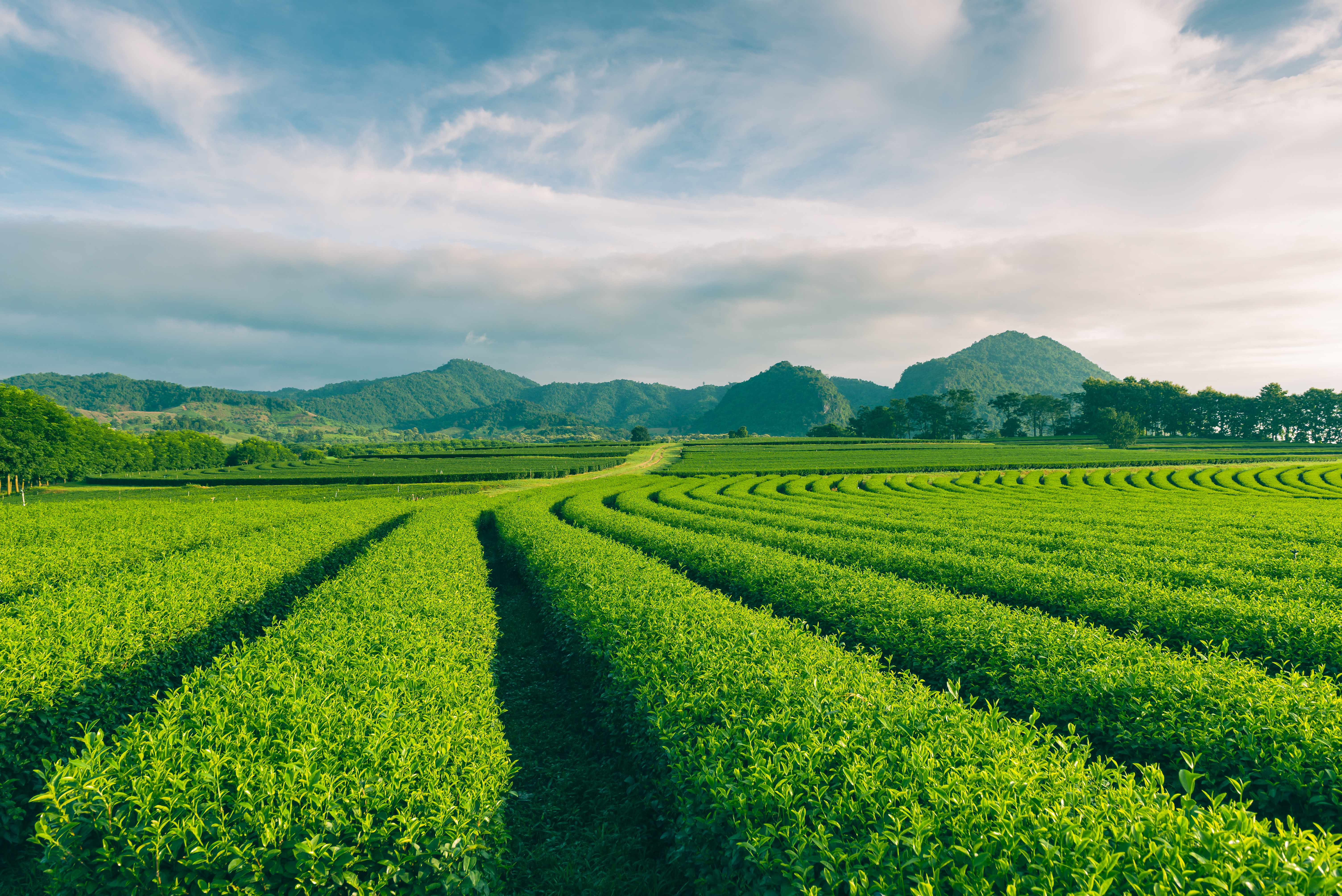Singapore, being a relatively small country with only 720 square kilometers of land, has only around 2 square kilometers of land-based food farms currently. This represents less than 1% of the total land area in Singapore.
Of the 220 farms in Singapore (in 2019 when the last Singapore Food Agency audit was undertaken and reported on), land-based farming (as opposed to aquaculture) in Singapore was largely dominated by the growing of leafy vegetables (which included 25 indoor and 2 rooftop farms). Of the other land-based food farms, sixteen were animal agribusiness, which included hen and quail egg production, goat, frog and cattle).
Whilst opportunities in Singapore may not be many and varied, when recruiting for animal agribusiness jobs in Singapore, farms often either work with Workforce Singapore (via the Singapore Food Agency), or they choose reputable recruitment companies like Peak Recruit who offer specialist services in the sector.
For non-Singaporean nationals who wish to work in Singapore, the Ministry of Manpower offer guidelines on work permits, which can be viewed here.
The Employment of Foreign Manpower act followed by the Singapore Employment of Foreign Manpower (Work Passes) Regulation of 2012, are extensive (and complex) to understand, and it is often best to retain the services of a professional recruitment agency working in Singapore (such as Peak Recruit) to help guide you through the morass of information.
Singapore's Animal Agribusiness 30 x 30 goal
To Singapore, recruitment to Animal Agribusiness is all the more important because of their '30 by 30' goal; a commitment to producing 30 percent of its nutritional needs locally by 2030. This becomes all the more important in these days of interrupted global deliveries. Some 98% of those polled in a recent survey of Singapore citizens, thought it important for Singapore to be able to produce its own food to reduce reliance on imports.
To help aid this ambitious target, the Singapore Food Agency launched a $60 million Agri Food Cluster Transformation Fund aiming to help expand production capability, boost yield and raise productivity. A further $23 million in funding was also awarded for Research and Development in sustainable urban food production.
Recruiting for the animal husbandry and aquaculture industry in Singapore
For a forward looking country like Singapore, it's apparent that they need to recruit the best qualified workforce. With Peak Recruiment's specialisms in the entire animal husbandry and aquaculture segments, Peak make the perfect Singapore recruitment partner for animal agribusiness companies looking for the very best technical and scientific talent in this narrow talent pool

